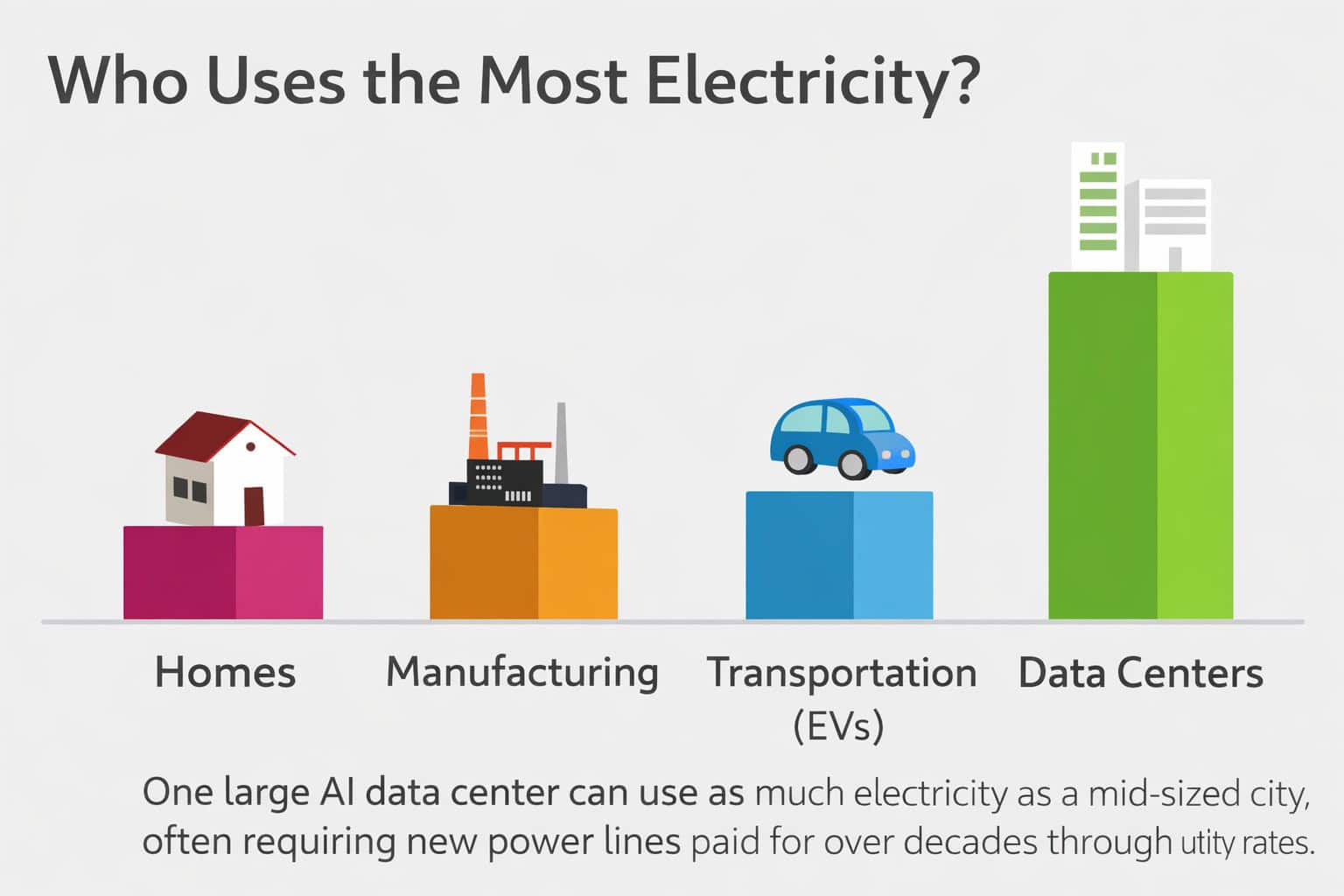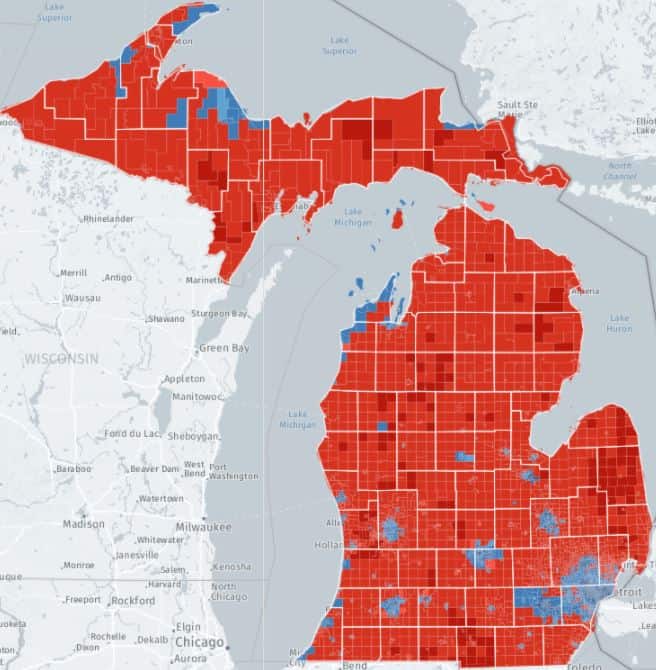DETROIT – A transition to renewable energy is not just one of the most consequential tools at our fingertips to act on climate, but also represents a great opportunity to increase control over our energy choices, improve the health of our communities and the planet, create jobs and wealth, and much more.
But how feasible is this transition? And can this transition benefit us all?
The Union of Concerned Scientists (UCS) — together with environmental justice groups COPAL in Minnesota, GreenRoots in Massachusetts, and the Michigan Environmental Justice Coalition — collaborated on an analysis to look into those questions. On the Road to 100 Percent Renewables examined how two dozen state members of the U.S. Climate Alliance (USCA) can meet all of their electricity needs with renewable energy — while decarbonizing other sectors of the economy and ensuring equitable benefits to all communities. Our study also conducted a detailed analysis of three USCA member states — Massachusetts, Michigan, and Minnesota — to further highlight the public health, economic, and energy affordability considerations of moving toward 100 percent renewable energy.
This is what we FOUND:






